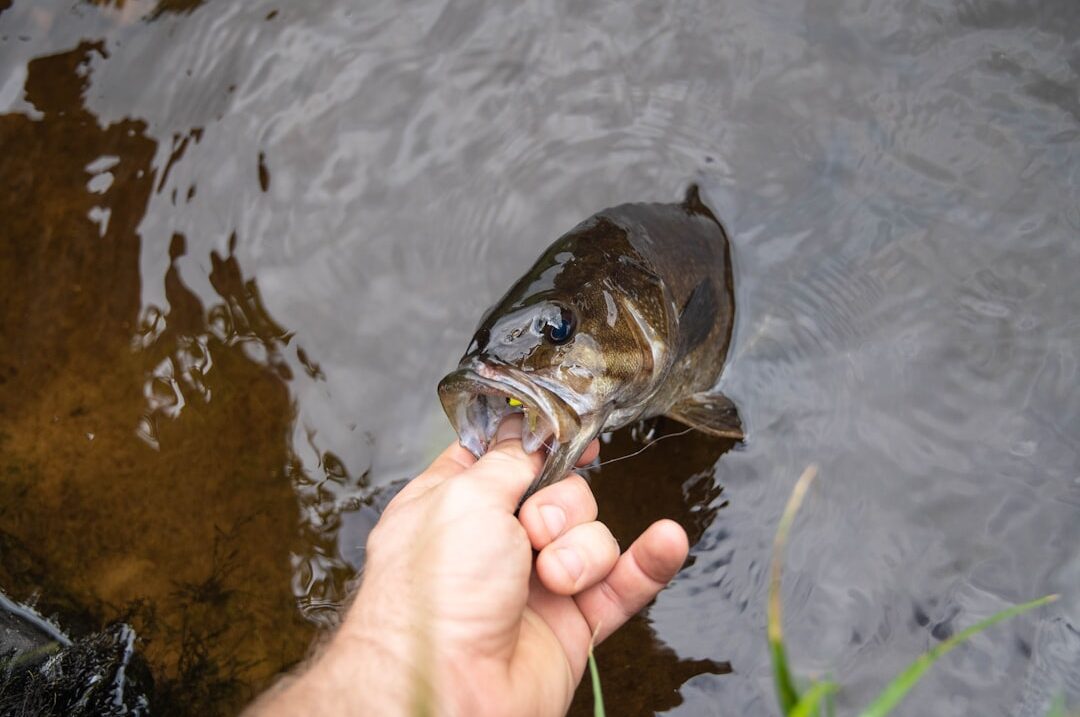How to Talk About Hobbies in Interviews (Guide for 2025): Impress with Personality & Skills

 Try Huru for Free: Practice Unlimited AI-Powered Interviews, Get Instant Feedback, and Land Your Dream Job!
Try Huru for Free: Practice Unlimited AI-Powered Interviews, Get Instant Feedback, and Land Your Dream Job!Why Hobbies Matter: The Hidden Signal in Interview Success
In the race to impress with technical skills and job titles, too many candidates overlook a secret weapon: personal hobbies and interests. Sharing hobbies in an interview isn’t just small talk—it’s a strategic move that reveals your character, supports cultural fit, and can even tip the scales in your favor. In fact, according to recent research, employers increasingly seek well-rounded candidates who balance drive with personality.
But how do you do it without sounding rehearsed—or worse, irrelevant? Let’s dive deeply into the what, why, and how of sharing your passions… and how platforms like Huru.ai can help you master this subtle art.

Reading the Room: When and How to Introduce Your Hobbies
It’s easy to freeze up when an interviewer asks, “So, what do you do outside of work?” or “Tell me about your hobbies.” The trick isn’t just in what you say, but when and how you bring your passions into the conversation. Here’s how you can do it with confidence:
- Spot the Right Moment: Wait for open-ended questions or rapport-building segments early in the interview.
- Connect to Culture: If the company values creativity or teamwork, highlight interests that align (e.g., team sports, painting, volunteering).
- Keep It Concise: Share a brief story, then link it directly to a soft skill or quality valued for the role.
- Be Ready for Follow-Ups: Practice expanding on your interests if the interviewer wants to know more.
Pro Tip: Use Huru’s AI-powered mock interview practice to rehearse these conversational pivots, get instant feedback, and fine-tune your delivery.
Psychological Impact: How Sharing Interests Elevates Interview Performance
Sharing your hobbies isn’t just about what the employer thinks—it’s about how you feel during the conversation. Here’s why:
- 🎯 Reduces Anxiety: Discussing familiar topics helps calm interview nerves, making you more authentic and engaging.
- 🤝 Builds Rapport: Shared interests can create instant connections, humanizing the interview process.
- 🎤 Demonstrates Self-Awareness: Thoughtful hobby choices show you understand your strengths and growth areas.
- 🧠 Boosts Confidence: Speaking about passions creates positive body language and vocal energy, which interviewers notice.
The science backs this up: Candidates who discuss hobbies relevantly often report lower stress and higher interview performance. Try it in your next AI-powered interview simulation on Huru and see the difference!
💡 Key Takeaway
Hobbies aren’t filler—they’re evidence of your unique value. When paired with preparation, they can set you apart in even the most competitive interviews.
Strategic Storytelling: Linking Hobbies to Job Skills
Employers want proof of your skills—beyond what’s on your CV. By linking hobbies to transferable strengths, you show how your passions drive your performance on the job. Here’s how to do it:
Need personalized preparation? Huru’s AI Interview Coach lets you practice linking your stories to real interview questions and provides instant, actionable feedback. Try it free.
💡 Key Takeaway
Be deliberate—use hobbies as evidence of your skills, not just personality fillers. This connection makes you memorable and credible.
Dos and Don’ts: Navigating Tricky Hobby Topics
- ✅ Do Be Authentic: Don’t invent hobbies. Interviewers can usually tell if you’re faking interest.
- ✅ Do Keep It Positive: Focus on uplifting, constructive hobbies that spark conversation.
- ✅ Do Respect Boundaries: Avoid overly personal, controversial, or divisive topics (e.g., political activism, risky behaviors).
- ✅ Do Adapt to the Role: Tailor your stories to the company’s values and job requirements.
- ❌ Don’t Overwhelm: Avoid listing too many hobbies—pick 1-2 that best represent you.
- ❌ Don’t Overshare: Keep details work-appropriate and professional.
- ❌ Don’t Dismiss Unusual Hobbies: If you have a niche passion (like esports, urban exploration), share it confidently—but always link it to a relevant skill or lesson.
Still unsure? Our guide to resume keywords can help you frame unconventional interests effectively on paper—and in conversation.
Real Stories: How Candidates Turned Hobbies Into Job Success
Sometimes, the best lessons come from real-life examples. Here are anonymized case studies from candidates who leveraged their hobbies—often with practice on Huru.ai—to win over employers:
- Maya, Software Engineer: She shared her chess hobby to illustrate her logical problem-solving. The interviewer was also a chess enthusiast—instant rapport, and a job offer followed.
- Omar, Marketing Analyst: Used his passion for volunteering to demonstrate leadership and empathy, aligning perfectly with the company’s community focus.
- Linda, UX Designer: Discussed digital painting to highlight her creativity and attention to user experience, which impressed the hiring manager.
The key? These candidates practiced their stories using simulated interviews and instant feedback, transforming nerves into compelling narratives.
💡 Key Takeaway
Practice makes perfect. Use real interview simulations to refine your storytelling and boost your confidence.
FAQ: Mastering the Hobbies Question in Interviews
What are the best hobbies to mention in an interview?
The best hobbies highlight skills relevant to the job and company culture—think team sports (collaboration), creative hobbies (innovation), volunteering (empathy), and strategic games (problem-solving).
How do I avoid cliché or boring answers?
Be specific! Instead of saying “I like reading,” say, “I’m passionate about reading historical fiction, which has deepened my understanding of diverse perspectives.”
Should I share all my hobbies?
No—choose one or two that reinforce your professional brand and fit the job. Quality over quantity!
What if my hobby is unusual (e.g., esports, urban exploration)?
That’s okay! Share what you learn from it—strategy, discipline, resilience—and connect it to the role. Unusual hobbies can help you stand out.
Why do interviewers care about hobbies at all?
They want to see who you are beyond your resume—your personality, values, and how you might fit into the team.
How can I practice talking about my hobbies?
Use Huru’s AI-driven platform to simulate this question and receive instant, actionable feedback.
Watch: How to Talk About Hobbies in Interviews
Watch this expert tutorial for real-life examples and tips on sharing your interests with confidence.
Deep Dive: How Huru.ai Supercharges Your Interview Preparation
Traditional interview prep misses the nuanced, human side of the process. Huru.ai empowers you to bring your whole self—including your passions—into every interview. Here’s how:
- 🚀 Unlimited Practice: Simulate countless interview scenarios, including behavioral and hobby-based questions.
- ⚡️ Instant Feedback: Get actionable, personalized tips on your storytelling and communication.
- 🎯 Targeted Skill Building: Improve not just your technical answers, but your conversational presence and confidence.
- 🔗 See how AI gives you an unfair advantage in interviews
Further Reading & Next Steps
About the Author
Elias Oconnor is a seasoned career content writer at Huru.ai, specializing in interview readiness, job search strategy, and the intersection of technology and personal growth. His mission: make every job seeker feel empowered, prepared, and uniquely themselves in the hiring process. Connect with Huru for more expert insights and actionable tools.


 Apr 11,2025
Apr 11,2025  By Elias Oconnor
By Elias Oconnor